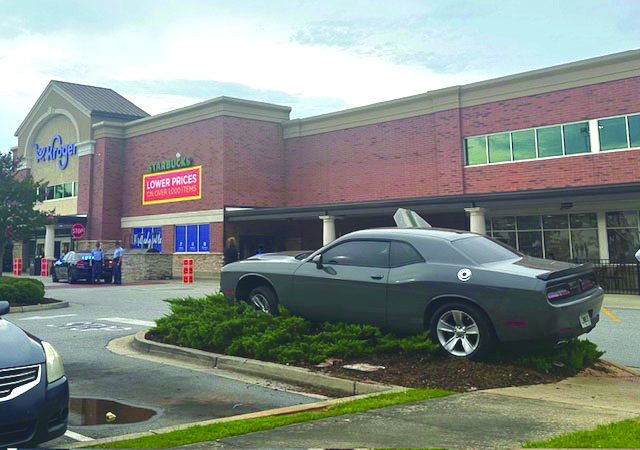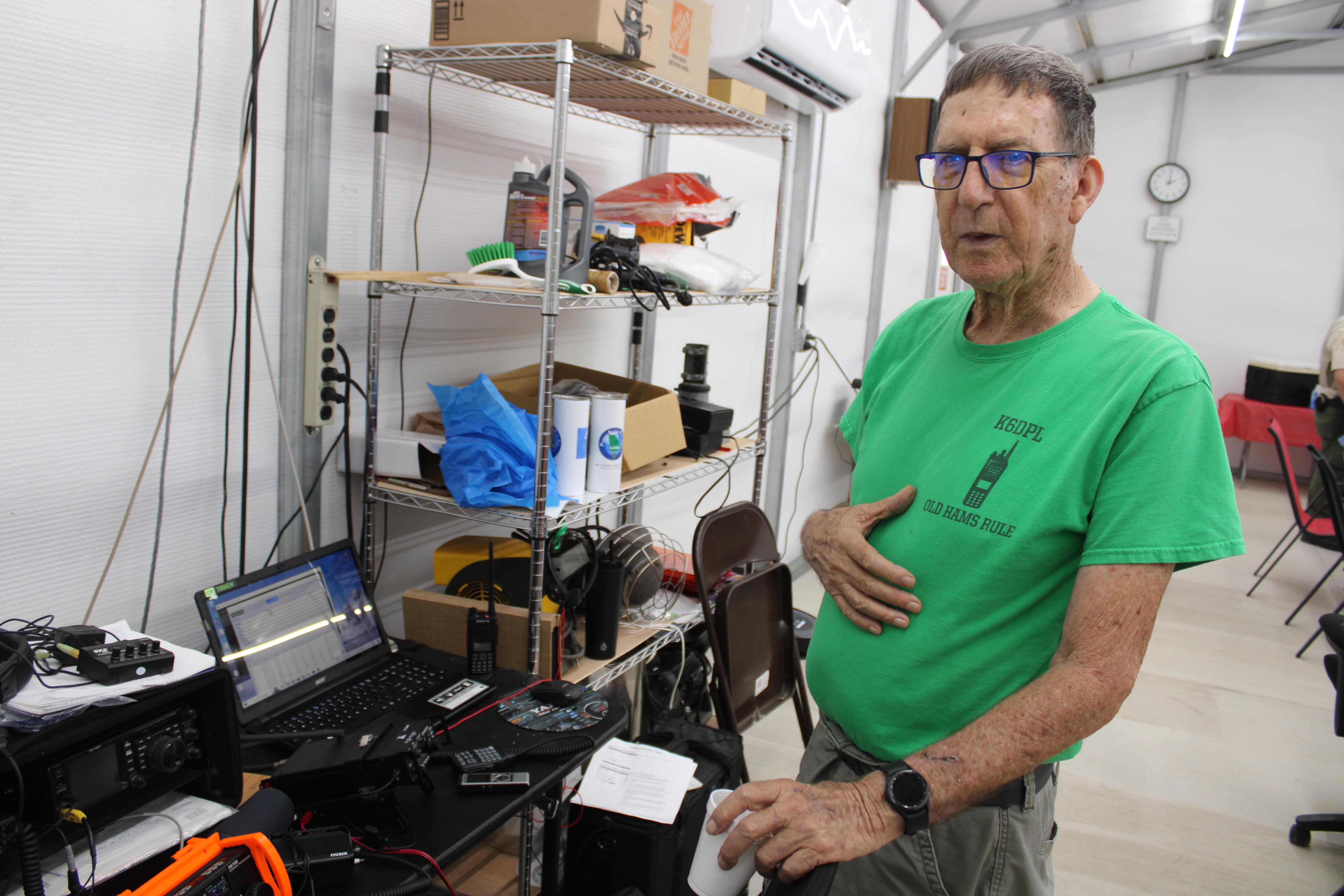MILLIANS: Remembering Frank Bone
Published 1:05 pm Friday, May 16, 2025

- Rick Millians, a 1970 Baldwin High graduate, retired after a newspaper career in Georgia, Ohio, and South Carolina. Reach him at rdmillians@aol.com.
He was an industrialist. He was a philanthropist. He was a real character.
All of those describe the late Frank E. Bone, the owner of Oconee Clay Products and one of the most interesting men in Milledgeville history.
After reading the obituary of his grandson, Frank Bone Hines, who died last December, I was curious. Who was Frank Edgar Bone and what was he like?
Trending
He passed away in 1974, so I turned to Barbara Martin, who worked for Bone.
Martin, whose late husband Buddy Martin was a grocer and city councilman, worked in the office at Oconee Clay.
“Frank Bone,” Martin said with a chuckle, “was a good man. But let me tell you. He was a tough boss.”
Anybody who wanted brick or tile, he would give it to them. All they had to do was ask.
Bone especially liked helping churches — Black or white, including Hardwick Primitive Baptist Church, where Martin was a member.
Bone had dedicated employees like Ruth Cranford. She didn’t have a title, but everybody knew she was Bone’s “right-hand man.” Cranford arranged a lot of the shipping throughout the Southeast.
Trending
There were employees such as Peggy Malone, George Hudson and Patsy Josey.
Ralph Jackson was Bone’s gofer, and Curtis Strong was his chauffeur and caddie on the golf course.
Bone had his own private office, but he liked to come out in the big room where office workers did their jobs. Especially when he was upset with an employee from back in the plant.
“He’d call them in and just bless them out,” Martin said. “He loved an audience. It was embarrassing to everybody. We were so used to it that we just said, ‘There he goes again.’ ”
Martin and her office colleagues reported for work at 9 a.m., but they could be there until 6 or 6:30.
“Every day about 5 o’clock Mr. Bone would send Ralph to the post office to get the mail,” Martin said. “We’d say, ‘Ralph, take your time.’ Everybody else was getting off at 5, but Ralph would come back in with the mail and it wasn’t unusual for Mr. Bone to start dictating a letter to me, saying, ‘It can’t wait. It’s got to go out today.’ Everybody stayed late.
“He about worked us to death, but he was good to us. He held a big Christmas party at his house every year and gave us Christmas bonuses.”
Oconee Clay advertised heavily and its products were well known. One ad in a magazine read: “CLAY PIPE helps sell the house. The public knows clay pipe is best. Only guaranteed clay pipe can’t rot or rust . . . it can’t corrode . . . can’t turn spongy from harmful detergents.”
Bone’s business acumen became well known after he took over from his father, prompting one person to write: “Frank Bone’s success has been phenomenal. His goal, to be a worthy successor of his forebears, has been achieved.”
The demand for clay pipe eventually ended with the advent of plastic pipes.
Now, on to Bone’s prominent civic achievements.
He was instrumental in getting famous bandleader Lawrence Welk to Milledgeville for a huge parade and fundraiser in the fight against cancer.
The only child of Frank and his beloved wife “Willie” was Frances, who died from cancer at the age of 43.
The Bones hosted a luncheon at the Milledgeville Country Club and a reception in the evening at their home.
Their Tudor Revival home on Hancock Street, built in 1921, was inspired by a house in Surrey, England. It later became the Georgia College Alumni House and is now a private residence.
The Bones were fascinated with anything English, including their collection of “Doughty Birds.” Dorothy Doughty, a British sculptor, is known for her collection of porcelain American birds. She modeled a series of 36 pairs and three individual models of American birds, which were designed between 1933 and 1960.
One time, Mr. Bone sent Ruth Cranford to New York to hand-carry some Doughty birds on the flight back to Georgia.
Bone, a charter member of the Milledgeville Kiwanis Club, was always ready to serve his community.
He served in various positions for Easter Seals, the Georgia Association for Mental Health, and the Foundation of the then-named Women’s College of Georgia. Just to list a few.
In 1962, Bone called mental illness “Georgia’s No. 1 health problem. Only through widespread citizen’s support can we ever hope to do anything about it.”
Still prophetic words today.
He was a man for all seasons.
—Rick Millians, a 1970 Baldwin High graduate, is retired after working at newspapers in Georgia, Ohio and South Carolina. Reach him at rdmillians@aol.com.





